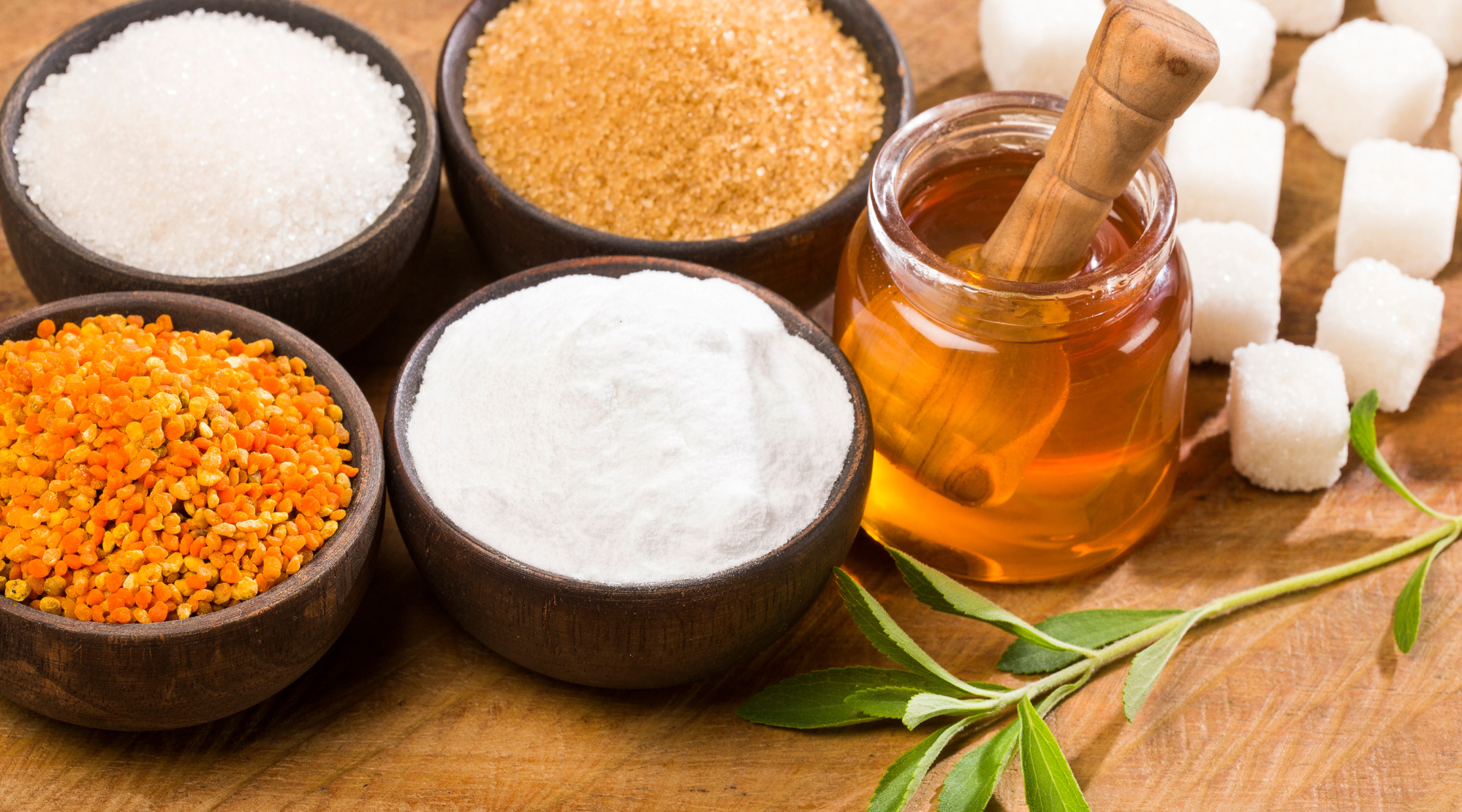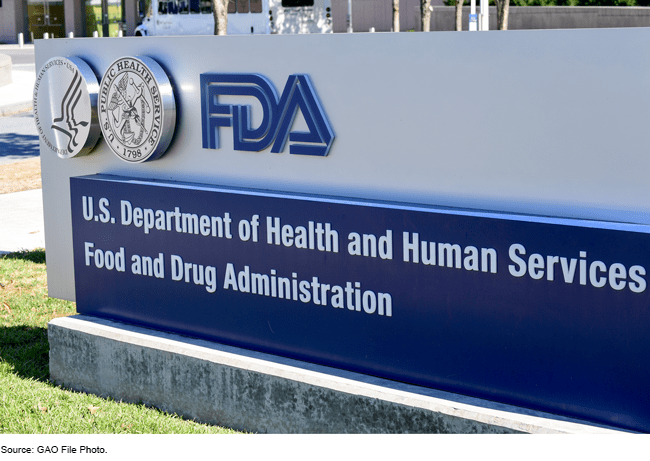The FDA has recently published a report detailing its investigation into imported honey and the deliberate adulteration of the product for economic purposes.
The report encompasses data gathered from 107 samples originating from 25 different countries. These samples were collected while in import status, indicating they were obtained at ports of entry or similar locations before entering domestic commerce.
The testing, conducted between 2022 and 2023, covered both retail and bulk samples. Retail samples comprised individual jars or containers, while bulk shipment samples were typically obtained from barrels or drums. Despite all samples being labeled as “honey,” the FDA discovered instances of intentional adulteration.
Comparing this data with previous years, the FDA found a slight decrease in adulterated samples. In prior tests conducted between 2021 and 2022, 14 percent of samples were found to be intentionally adulterated.
The adulteration of honey typically involves the addition of undisclosed sweeteners, which are cheaper than honey itself. These sweeteners, derived from sources such as cane, corn, rice, or sugar beets, artificially increase the honey’s weight and pose risks to consumers with food allergies.
Out of the 107 import samples tested, the FDA identified 3 samples, accounting for 3 percent, as violative. Notably, while this marks a decrease from the previous assignment’s figures, direct statistical comparison is cautioned against by the FDA.
Countries such as the Dominican Republic, Mexico, and Yemen were found to have adulterated honey samples.
Upon discovering violative samples, the FDA took immediate action to prevent their further distribution in the U.S. market. This involved refusal of entry for the shipment and potentially placing associated companies and products on Import Alert (IA) 99-47. Products listed on this alert undergo “Detention without Physical Examination” unless the company can provide evidence, such as third-party laboratory test results, demonstrating the absence of added sweeteners.
The findings underscore the necessity for continued vigilance in testing honey for economically motivated adulteration. Ensuring consumers are not misled and receive fair value for their purchases remains a priority for the FDA.
Source: FSN
Reach out to Fresh Group Food Safety And Quality Consulting for any inquiries related to food quality and safety.




